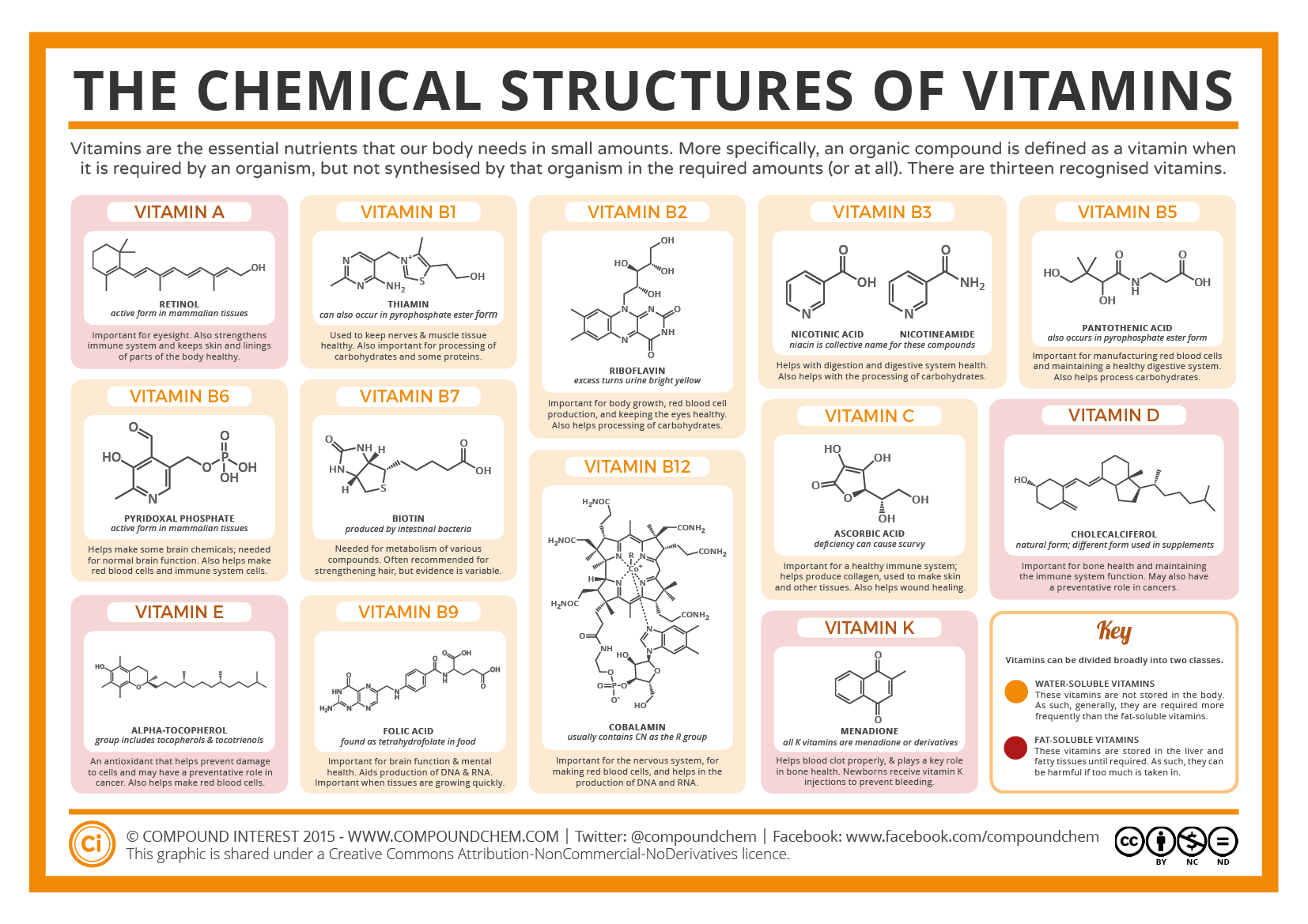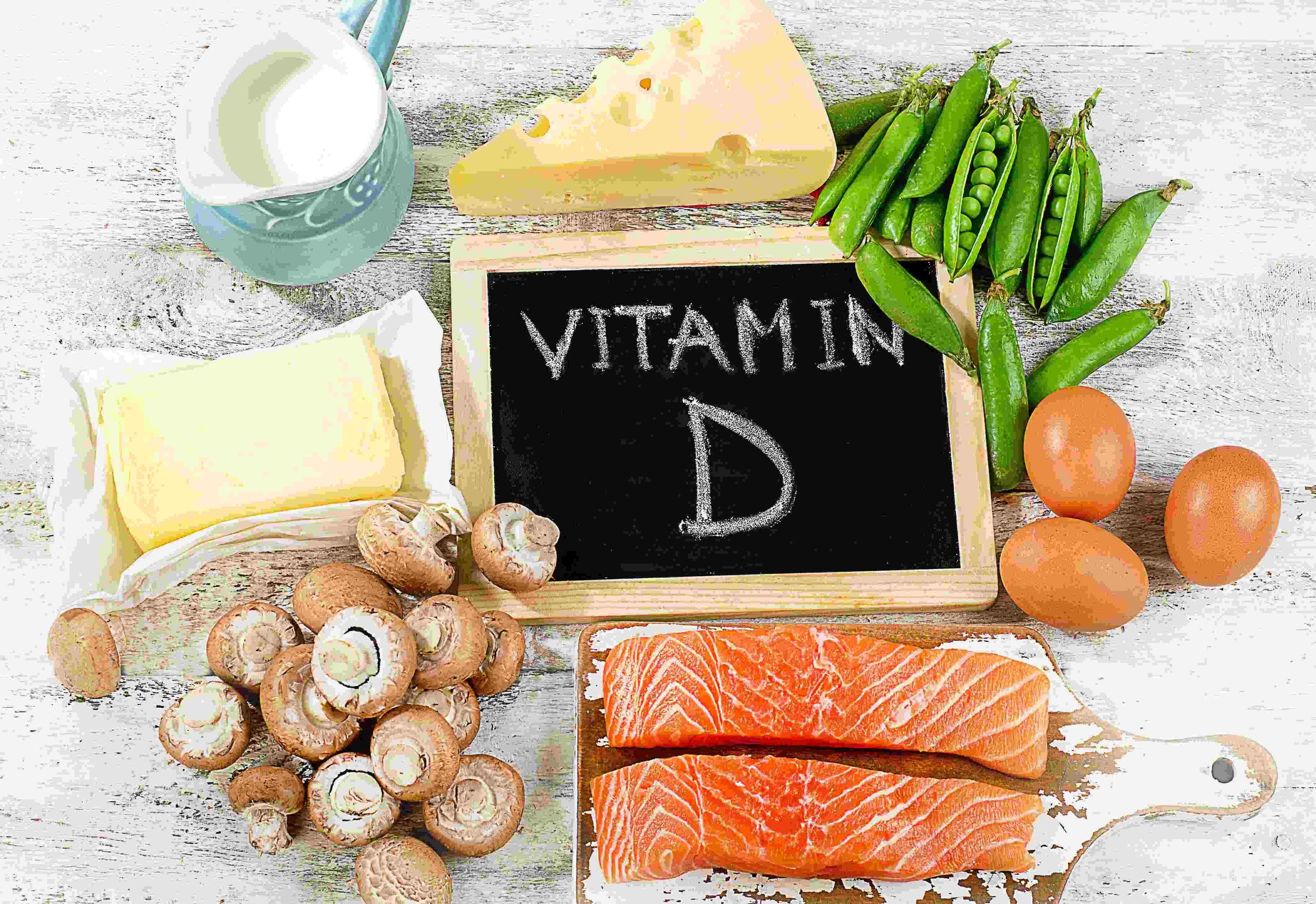
What are Vitamins?
Vitamins are organic compounds that we need in small quantities to ensure a healthy body. Ironically enough, however, the human body does not produce enough, or even some of the vitamins that we need for bodily functions. Hence, it is essential that we take in vitamins in the form of food, supplements and skin care.
Every vitamin plays a different role – today, we will be exploring 6 vitamins that are vital in ensuring skin health.

Vitamin A
Vitamin A – a group of fat-soluble compounds highly important for human health.
The vitamin is vital in maintaining many bodily processes - including ensuring healthy vision and the normal function of the immune system and organs. It also aids proper growth and development of babies in the womb. Sources of Vitamin A include sweet potato and dark leafy greens. Retinoids, including retinol, tretinoin, isotretinoin, and similar chemicals, are manufactured forms of vitamin A.
Retinoids increase cell regeneration to improve skin texture and tonicity, as well as remove dead skin cells. This reduces dullness and acne, and increases the skin’s radiance and slow signs of ageing.
A 2015 study found that retinol and retinoic acid increased skin thickness over 4 weeks, as well as increasing collagen production to plump up and hydrate the skin naturally. After 12 weeks, study participants had visible reductions in wrinkles.

Vitamin B
Vitamin B – a group of nutrients that play many important roles in your body.
There are 8 types of Vitamin Bs:
· B1 (Thiamine) – plays a vital role in metabolism by converting nutrients into energy
· B2 (Riboflavin) – an antioxidant that helps convert food into energy
· B3 (Niacin) – plays a role in cellular signaling, metabolism and DNA production, as well as cell repair
· B5 (Pantothenic Acid) – helps the body obtain energy from food, as well as hormone and cholesterol production
· B6 (Pyridoxine) – involved in amino acid metabolism, red blood cell production and the creation of neurotransmitters
· B7 (Biotin) – essential for carbohydrate and fat metabolism, as well as regulating gene expression
· B9 (Folate) – required for cell growth, amino acid metabolism, the formation of red and white blood cells and proper cell division
· B12 (Cobalamin) – vital for neurological function, DNA production and red blood cell development
Vitamin B is also important to keep the eyes, nerves, muscles and skin healthy. Otherwise known as anti-stress vitamins, Vitamin Bs are essential in boosting the body’s immune system in times of stress.
Several B-complex vitamins are known to improve skin health – Vitamin B3, B6 and B12.
Vitamin B3 has been found to help reduce pigmentation and even out skin color. A study done on women who take prenatal vitamins that contain folic acid have reported improvements in the skin and hair. Another study done in 2011 have also found that folic acid may reduce signs of skin aging by supporting collagen gene expression and collagen fiber density. Collagen is essential to reduce premature ageing as our body produces less collagen with age – which causes wrinkles and saggy skin.
Next, Vitamin B5 has been found to reduce acne, inflammation and skin ageing as it regulates hormone and cholesterol production. A 2010 study found that a cream containing Vitamins E, B5 and B3 improves the skin’s texture and tone in 6 weeks. In addition, it also reduced age spots and hyperpigmentation.

Vitamin C
Vitamin C is an essential vitamin – and yet it cannot be produced by the body.
Ironically, Vitamin C is found on both the epidermis (outer layer of the skin) and the dermis (inner layer of the skin). A strong antioxidant that strengthens the body’s natural defenses by boosting the immune system, it protects the skin and increases collagen production. Being an oxidant means that it may reverse free radical-induced oxidative damage – which plays an important role in aging, including skin aging.
Taking Vitamin C orally has been found to enhance the effectiveness of sunscreens applied to the skin for protection against UV rays by reducing cell damage and increasing the healing process of wounds. Vitamin C also fends off the signs of aging because of its vital role in the body’s natural collagen synthesis – it heals damaged skin and reducing the appearance of wrinkles.
A deficiency in Vitamin C can lead to rough, dry, scaly skin and split ends.

Vitamin D
Vitamin D – an extremely important vitamin that has powerful effects on several systems throughout the body
It is most often made through sunlight exposure as cholesterol gets converted to Vitamin D when this happens. The vitamin is then taken up by the liver and kidneys and transported throughout the body to help create healthy cells. This includes the skin, where vitamin D plays an important role in skin tone.
Vitamin D supports skin cell metabolism and helps the skin grow and repair itself. Thus, it is important in maintaining good skin health. Containing antimicrobial and anti-inflammatory properties, Vitamin D fights against acne and redness that is caused by bacteria.

Vitamin E
Vitamin E – a fat-soluble, essential nutrient with anti-inflammatory properties
Vitamin E is a powerful antioxidant that reduces free radical damage and slow the ageing process. Its main function is to protect the skin from sun damage by absorbing the harmful UV rays when applied to the skin. Photoprotection refers to the body’s ability to minimize the damage caused by UV rays – which helps prevent dark spots and wrinkles.
The body produces Vitamin E through sebum, an oily substance emitted through the skin’s pores. Sebum is vital for keeping the skin conditioned and prevents dry and scaly skin. On the other end of the spectrum, Vitamin E is also used to reduce acne and skin inflammation by regulating sebum production.

Vitamin K
Vitamin K – an important nutrient that plays a vital role in blood clotting, and bone and heart health
Vitamin K is essential in aiding the body’s process of blood clotting, which helps the body heal wounds, bruises, and areas affected by surgery. Vitamin K is also found to improve and reduce (1) stretch marks, (2) spider veins, (3) scars, (4) dark spots and (5) stubborn circles under your eyes.
Does Skin Care Products Really Benefit from Using Vitamins?
Vitamins play an essential role in maintaining our health – and our skin health as well. Skin care products that use vitamins are therefore important in treating and up-keeping our skin; ranging from acne and inflammation, to improving the skin texture and achieving a clear complexion, encouraging collagen production and reduction in pigmentation.

One product that uses both Vitamins A and E is the 60 Refreshing Cleansing Gel from Maria Galland. Choosing the right cleanser is an important step in our beauty routine that is often neglected – and can lead to overly dry or sensitive skin or fail to reduce oiliness. The 60 Refreshing Cleansing Gel is suitable for normal to combination, or even oily skin that gives your skin a clean feeling without drying it out.
Vitamin A and E are used to fight against the oxidative effects of free radicals and encourage cell regeneration. It reduces skin inflammation and regulates sebum production. Tamarind extract is also used to regulate cutaneous hydration so that your skin remains hydrated while combating oily skin.
We absolutely love having all these vitamins we need in our skin care! Keep a lookout for next week’s post on our treatments and products that contain wonderful, wonderful vitamins and see how they can improve your skin!

